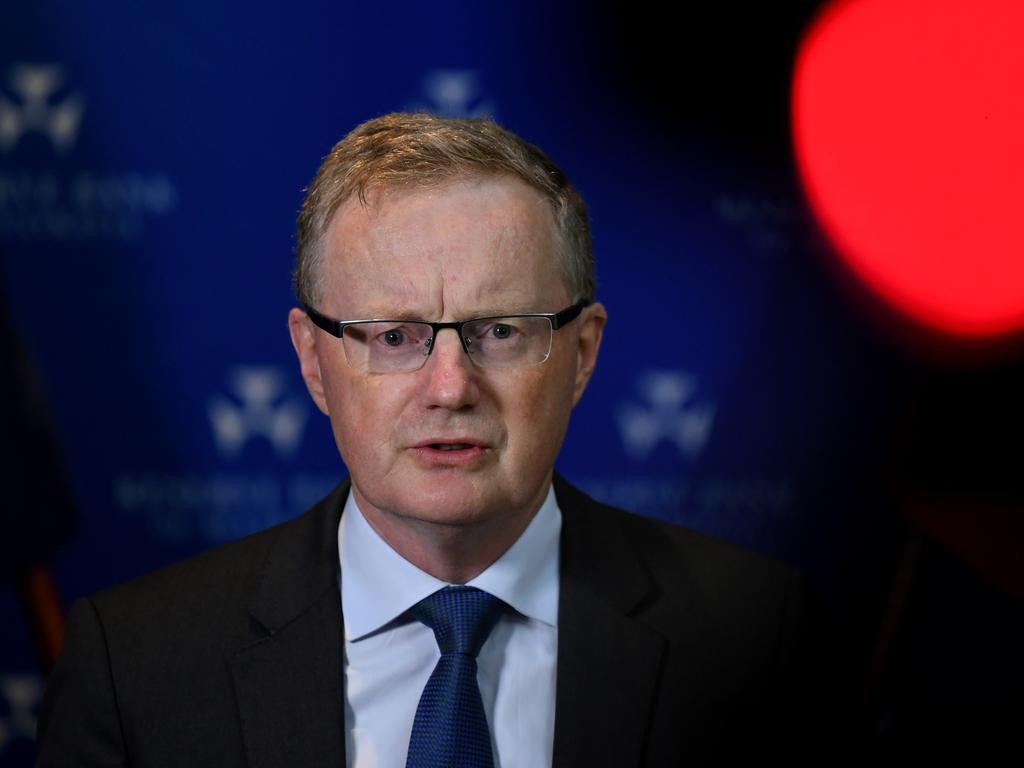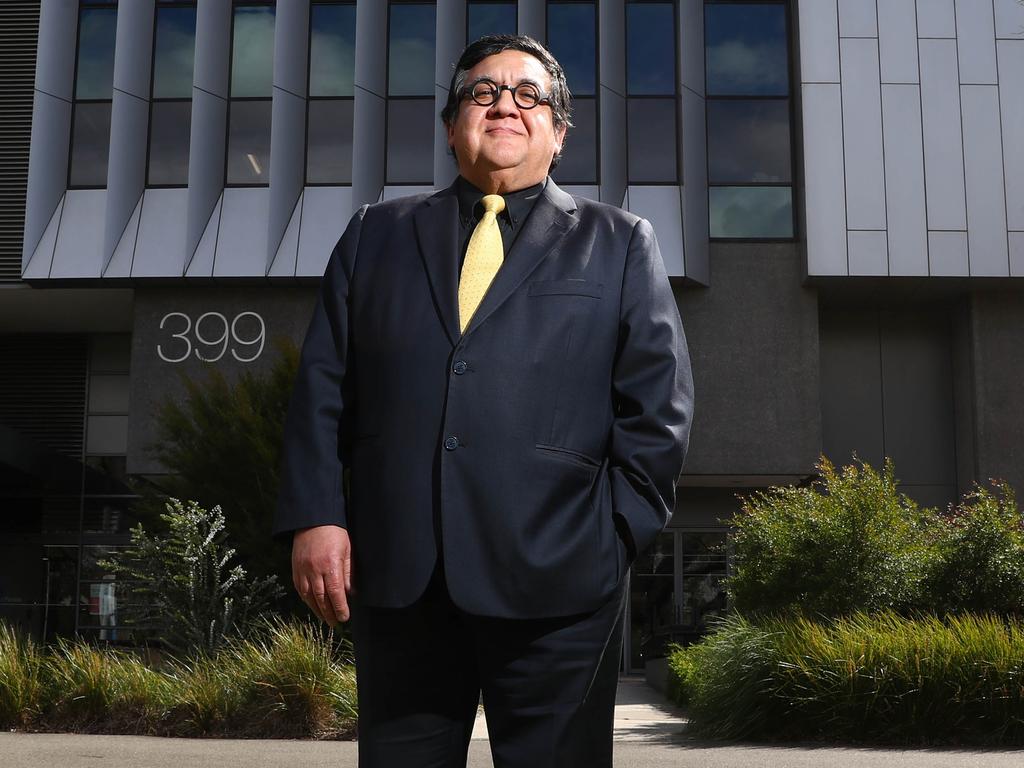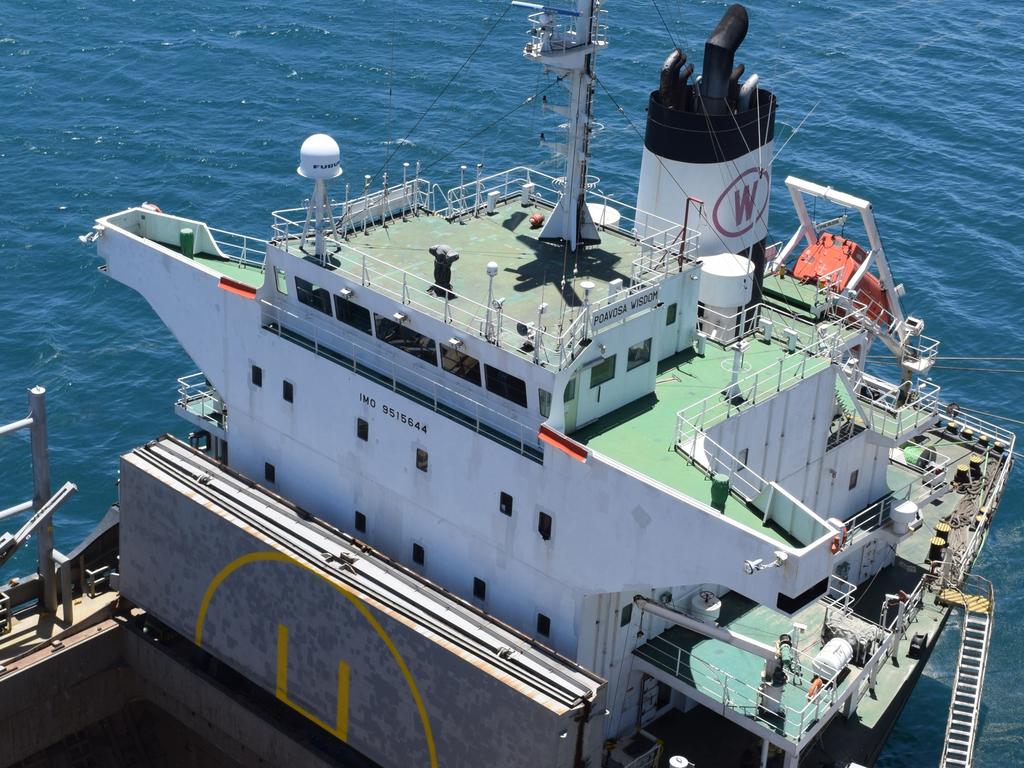
Mobil has the “for sale” sign on its Altona refinery and both Viva and Ampol have their operations under review.
Energy Minister Angus Tayor last month unveiled a plan that included an import levy of $1 a barrel combined with minimum storage requirements in an attempt to keep the local industry alive.
If the aim of the game is secure supplies, it seems the 60 per cent import level today must increase because the future of the refinery sector looks bleak.
This means fewer jobs, both direct and indirect, at the refinery, which is precisely what the government doesn’t want to see now.
Economic reality caused by the massive overcapacity in Asia compounded by a COVID-led slump in demand has pushed the entire Australian refining industry into massive losses, and BP for one sees no way forward.
Forty years ago Australia had eight refineries, but now it has only three and, even including the outgoing BP plant, the combined output of the entire Australian industry is smaller than the smallest Asian facility.
The refining margin, which is a proxy for import capacity, is now about $US4.50 a barrel against the cost of production at $US6 a barrel, which says it all.
It’s not an easy decision to shut a refinery and convert into an import terminal because that costs about $600m, which underlines the investment dollars involved and explains the BP move.
There will be some tax credits and other incentives to help the conversion, but the capital outlay is huge.
The Australian refineries simply can’t compete against the Asian scale, which is only getting bigger, particularly when hit by a demand shock.
The way BP’s Frederic Baudry looks at it, the odds are simply going to get worse with more capacity being built.
The company did note Australia already imports 60 per cent of its needs, had not faced supply issues in the past 40 years and there was no reason to think it would in the future.
Taylor’s policy includes minimum levels of diesel and petrol products in Australia to meet demand.
One way of increasing fuel security would be to establish a policy to encourage an increase in electric vehicles, which would reduce petrol demand.
But since Josh Frydenberg’s National Energy Guarantee policy was dumped by the then prime minister Malcolm Turnbull two years ago, this government has refused to contemplate combined energy and climate policies.
Maybe it’s time the government removed the blind spots in its energy policy.
Baudry said the sheer structural changes in the industry demanded the company take the decision it did. He welcomed the government’s assistance but said the reality was BP could not justify the investment needed to keep the refinery going.
The refinery now supports 650 jobs including 400 full-time positions, but when the plant is converted into an import terminal it will support 60 jobs.
In a recent note, BAML analyst David Errington said that over the past five years Ampol’s Lytton refinery in Queensland generated $165m a year in cashflow, against $44m for Viva’s Geelong refinery.
Viva’s supply-chain costs, running to some $350m, had pushed cashflow to negative $240m this year, against $170m for the Ampol refinery in Queensland.
This suggests Lytton might be the last refinery standing in the not too distant future, with Altona and Geelong to go.
While clearly disappointed at the BP decision, there was little Taylor could do as it was made in BP head office to consolidate around its Singapore operations.
Taylor resisted the temptation to throw more money trying to support a plant that fundamentals suggest is headed for the scrap heap no matter what.
Time will tell whether Taylor will take the same attitude to the Viva and Ampol sites when decisions are taken on their future.
Ampol boss Matt Halliday has an investor day scheduled for two weeks that now takes on renewed interest, but investors are seeing some upside with the stock price up 2.1 per cent at $25.94 on Friday.
Ares’ AMP move
Ares Management is now ensconced on level 42 of Chifley Tower, just up the road from AMP headquarters, but its $6.4bn takeover proposal for the company is still some way off completion.
Almost two weeks into due diligence, word of its roughly $1.85-a-share bid emerged on Thursday after an AMP board meeting, which suggests the company’s advisers made the proposal known to drum up competitive interest, put a floor under the stock price and try to lock in Ares.
The fact Ares boss Mike Arougheti hired former Credit Suisse boss John Knox to be his local head and its first play is AMP is, of course, full of irony.
Credit Suisse is advising AMP on its portfolio review along with Goldman Sachs and it obviously suits the vendor to have a credible bid on the table.
This makes alternate bidders think again in terms of their strategy and either raises the auction price or they run for cover.
Most would see AMP as a logical candidate to split up, with AMP Capital the prize and AMP bank a valued addition to put up for sale.
AMP boss Francesco De Ferrari was a long-time Credit Suisse executive, director John O’Sullivan was the local chair and former AMP chair David Murray a long time adviser.
Ares’s interest was known to AMP before the company officially put itself up for sale in early September, and the proposal came before due diligence started two weeks ago, so all that changed on Thursday was the leak of its interest from the AMP camp.
The indicative price of $1.85 a share is above the $1.53 closing price on Friday, but this is a stock that was trading at over $6 five years ago.
AMP is damaged goods, but chair Debra Hazelton will be cautious in selling too cheaply.
Ares, which was born from Apollo Management 23 years ago, has the fire power and the logical interest in AMP, and reportedly has expressed interest in the lot.
But whether it wants to buy into the litany of problems facing AMP right now, starting with three class actions, remains to be seen.
US firms have traditionally not been keen to buy into litigation.
To buy all of AMP would require getting a banking licence and that, too, comes with regulatory baggage.
The AMP board met on Thursday afternoon and magically word was out that Ares had been in the diligence room for a couple of weeks. Just how many others are there is not known.
There are myriad alternate strategies, but the popular tip says while Ares is in the diligence room it will concentrate its efforts on AMP Capital, leaving the rest for some other monkeys.








The federal government’s energy security policy has suffered a major blow with 30 per cent of Australia’s refining capacity to disappear as BP closes its 65-year-old Kwinana refinery.